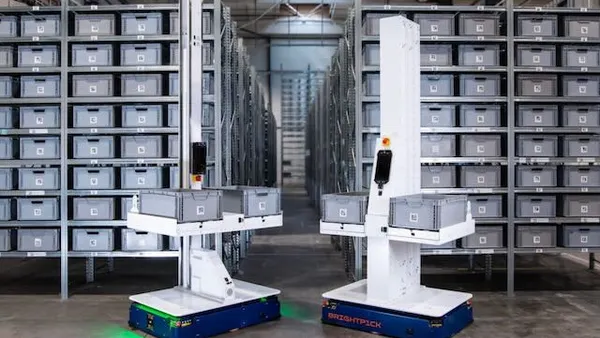Mercedes-Benz kicks off a test program for a new prototype solid-state battery in a reworked EQS sedan, suggesting it could unlock a range of over 620 miles (998 km) on a single charge in future production models.
Developed in a partnership between Mercedes-Benz’s Center of Competence for Battery Systems in Germany together with its AMG High Performance Powertrain operations in the U.K. and U.S.-based Factorial Energy, the new lithium-metal battery is undergoing trials to evaluate its efficiency, durability and performance ahead of potential integration into production models later this decade.
The EQS engineering mule, which took to the road earlier this month, has been lightly modified to accommodate the new battery; a reworked battery compartment now houses Factorial Energy’s dry cathode pouch cells, replacing the lithium-ion units supplied by CATL in the production EQS.
Among the developments incorporated in the prototype EQS is a patented floating cell carrier featuring pneumatic actuators developed by Mercedes-Benz’s Formula 1 engineers in Brixworth, U.K. This system manages the expansion and contraction of materials inside the battery cells during charging and discharging for improved stability and longevity.
While Mercedes-Benz has yet to disclose the full technical specifications of its prototype solid-state battery, it confirms that the EQS’s existing 12-module battery compartment allows for flexible configurations and capacities. The company claims the new energy storage technology offers a 25% increase in range compared to a lithium-ion battery of equivalent size and weight.
The current EQS450+ sedan, equipped with a 118-kWh lithium-ion battery, has a WLTP-certified range of 511 miles (823 km). By contrast, Mercedes-Benz expects its new solid-state unit to push the EQS prototype’s range beyond 620 miles under real-world driving conditions.
In a June 2024 announcement, Factorial Energy confirmed it had supplied Mercedes-Benz with battery cells boasting an energy density of up to 391Wh/kg and a charging capacity exceeding 106Ah. The U.S. company, which also partners with Hyundai and Stellantis, uses its proprietary Factorial Electrolyte System Technology (FEST) featuring a lithium-metal anode and polymer separator.
The technology being trialed in the EQS prototype marks an initial step toward a more advanced solid-state battery, internally codenamed Solstice, which Mercedes-Benz and Factorial Energy are jointly developing. The next-generation unit replaces the polymer separator with a sulphide-based solid electrolyte, targeting an energy density of 450Wh/kg and an estimated 80% range increase over today’s lithium-ion batteries.
Together with the new battery technology, Mercedes-Benz is also pushing ahead with a new generation of silicon carbide (SiC) inverters and power electronics aimed at bringing higher power efficiency and improved performance to the German automaker’s future models. Mercedes-Benz’s confirmation that it is testing solid-state battery technology in a modified EQS is expected to precede the launch of a new development concept, following the approach taken with the EQXX, which was unveiled at the 2022 CES as a showcase for the technology to be used on its upcoming new compact-car lineup, including successors to the CLA sedan, CLA Shooting Brake, GLA/EQA and GLB/EQB.








